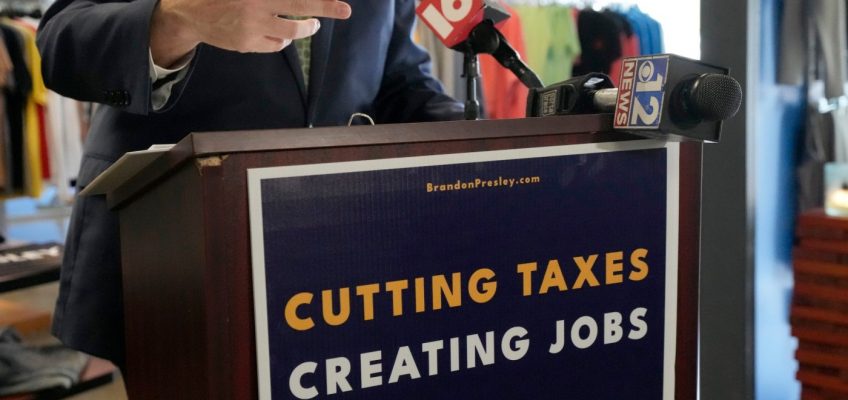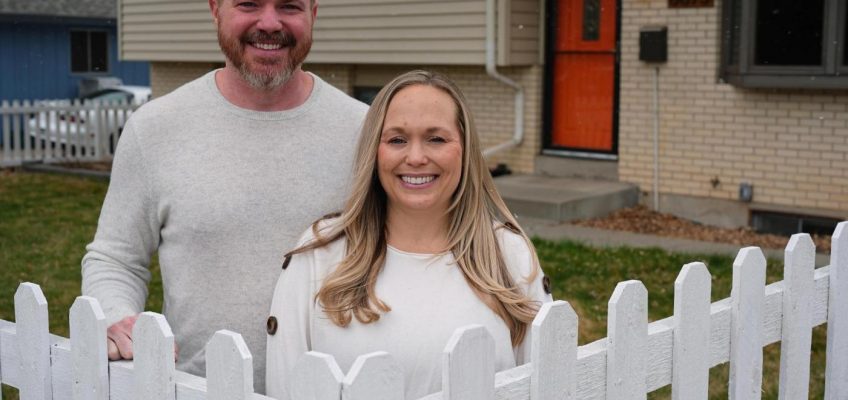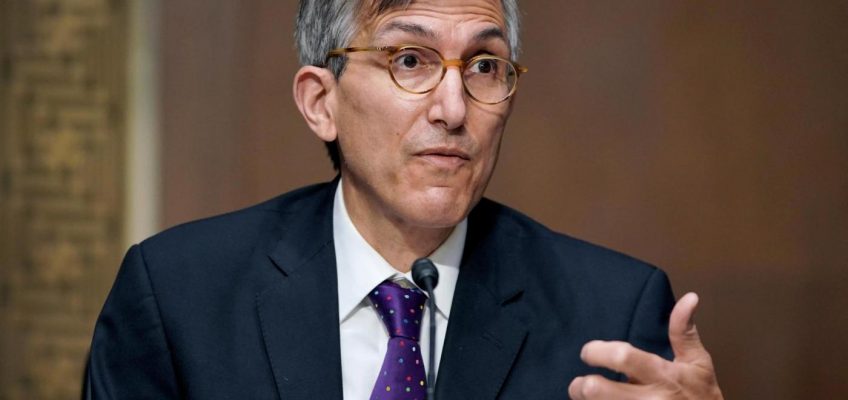By Jessica Haggard, Food Drink Life
Few Easter candies divide people quite like Peeps – 25% of Americans polled by Finance Buzz claim there’s no treat they love more. But 16% say they’d rather eat anything but the colorful, sugar-coated marshmallowy Easter staple, then there’s the Red Dye No. 3 controversy. Whether you’re a fan or a critic, there’s no denying that Peeps have become one of the most talked-about treats of the season.
Some love their sugary, marshmallowy goodness, but others can’t stand their artificial flavor and gritty texture. With changing consumer preferences and health concerns, is it time to say goodbye to Peeps, or will they remain a holiday staple?
A sticky sweet legacy: The rise of Peeps
Peeps have been around for more than 70 years, solidifying their status as nostalgic Easter treats. First introduced by Just Born in 1953, the original Peeps took a painstaking 27 hours to make by hand. Today, thanks to technological advances, the process takes just six minutes, allowing the company to churn out 2 billion Peeps every year, according to the same Finance Buzz article.
The Easter candy Peeps, made by Just Born Quality Confections, are displayed for sale on a store shelf on April 6, 2023 in Miami, Florida. (Photo by Joe Raedle/Getty Images)
Over the decades, Peeps have evolved from basic yellow chicks to a rainbow of colors, shapes and seasonal flavors. Limited-edition varieties, like Peeps Hot Tamales, Dr Pepper and Cotton Candy, keep the brand fresh, even for those who don’t love the traditional marshmallow flavor. Yahoo News via NBCUniversal reported that Peeps launched three new flavors earlier this year – cookies and cream, tropical punch and chocolate pudding – giving new Easter basket ideas for teens, kids and even adults.
Fluffy fun or sugary nightmare?
For many, Peeps are a nostalgic must-have. The chewy texture, sugary crunch and bright colors are reminiscent of childhood Easters filled with egg hunts and baskets brimming with candy. “I didn’t give a peep about Peeps as a child, but now that I’m solidly middle aged, these sugar-coated, unnaturally colored marshmallow candies are an essential part of my holidays,” says Jennifer Osborn of Kitchen Serf.
For some, Peeps aren’t just for Easter – they’re a year-round tradition. “I celebrate every holiday with Peeps – not just Easter,” Osborn reports. “There are Valentine’s Peeps, Ghost Peeps for Halloween and Reindeer Peeps at Christmas, and the possibilities are endless.”
In this photo illustration, the famous Easter candy Peeps, made by Just Born Quality Confections, is displayed on April 6, 2023 in Miami, Florida. (Photo Illustration by Joe Raedle/Getty Images)
Beyond snacking, Peeps have become a playful ingredient and decoration. They float as festive cocktail garnishes, get dipped in chocolate and even face off in microwave battles with toothpick swords. They also make a great addition to Easter charcuterie boards and make for colorful props for Easter photoshoots.
However, not everyone is a fan. The hosts of “Good Mythical Morning,” a popular YouTube talk show with over 19 million subscribers, tried every flavor of Peeps and shared that the candy came in second in their Worst Easter Candy Tournament. Michelle Price of Honest and Truly also shared her sentiments about the Easter treat saying, “I like marshmallows, but Peeps aren’t marshmallows. They’re a nasty candy masquerading as marshmallows. They’re cute and fun, but they do not taste good.”
This illustration shows Peeps marshmallows laying on a table in Washington, DC on April 2, 2021. (Photo by EVA HAMBACH/AFP via Getty Images)
She continues, “That said, I have one kid who likes them and one kid who does not, so I’ll support the child who enjoys Peeps and put them in the Easter basket. They do make fun decorations for Easter desserts, but that’s it – they get thrown away after the meal. Even my kid who likes them can only eat so much!”
Health concerns: What’s really inside a Peep?
Peeps aren’t just controversial for their taste – some of their ingredients have raised health concerns. The candy has been criticized for containing Red Dye No. 3, a food coloring linked to potential health risks and recently banned in cosmetics. After mounting pressure, abc27 News recently reported that Just Born will remove the Red No. 3 dye from all Peeps products. But for some parents, the damage was already done.
The Easter candy Peeps, made by Just Born Quality Confections, are displayed for sale on a store shelf on April 6, 2023 in Miami, Florida. (Photo by Joe Raedle/Getty Images)
“As a mom who prioritizes a healthy lifestyle, I would never buy my kids Easter Peeps,” says Tamara Tsaturyan of Thriving in Parenting. “They’re nothing but artificial colors, corn syrup and preservatives – things I actively avoid in our home. The fact that some varieties were banned due to Red Dye No. 3 just proves how problematic they are. If a chemical is too risky for certain states, why would I want my children eating it?”
Beyond artificial dyes, USA Today has reported that each Peep contains a high sugar content, with one serving packing over 34 grams of sugar – more than a can of soda. While indulging in Easter candy is expected, why not try a homemade treat like peanut butter brownies this year instead? Bake and decorate them with the kids – they’ll remember this more than having a basket full of store-bought candy.
“There are so many healthier, homemade and naturally sweetened treats to enjoy for Easter. My kids don’t need neon-colored marshmallows filled with questionable ingredients to celebrate the holiday,” Tsaturyan adds.
The internet’s love-hate relationship with Peeps
Despite the controversy, Peeps continue to be a pop culture phenomenon. They regularly trend on TikTok and social media, where users debate whether they’re delicious or disgusting.
Related Articles
Home cooks are shopping a little differently for groceries in 2025
Five ingredients, five stars, no joke
Cooking with kids teaches healthy eating, life skills and more
Recipe: Pork chop crusty rolls conjure delicious memories of Hong Kong
These streamlined Neapolitan meatballs are made with panko breadcrumbs
A TikTok video uploaded by @ggflavour shows her enjoying pink Peeps, while another TikTok video created by @3sunzzz shows her disgust with the new Peeps Delight flavor she tried. Viral Peeps challenges – where people microwave them to see how big they expand or freeze them to test their texture – have fueled their continued relevance.
Peeps have also made headlines for their unexpected collaborations. According to News-Press, Milk-Bone, maker of dog treats, has recently teamed up with Peeps and released marshmallow-flavored dog treats for Easter this year. The dog biscuits come in three shapes: the classic bone, the iconic Peeps bunny and a chick, all of which are in festive spring colors.
The future of Easter’s most divisive treat
Despite growing health awareness and evolving tastes, Peeps aren’t disappearing anytime soon. Their ability to reinvent themselves with new flavors, partnerships and even craft projects, like Peeps dioramas, has kept them relevant. Each Easter, Peeps continue to be one of the top-selling seasonal candies. While some may cancel them from their own baskets, millions of others still reach for these sugary chicks year after year.
Final verdict: Keep or cancel?
Peeps may be one of the most polarizing Easter candies, but their longevity speaks for itself. While some will never acquire a taste for the sugary marshmallow treat, others will always associate them with childhood traditions and Easter fun. Love them or hate them, Peeps aren’t hopping away anytime soon.
Jessica Haggard is dedicated to helping people cook easy everyday recipes focusing on bioavailable and nutrient-dense foods. She helps people overcome food allergies and discover healthy recipes that make a difference in their health with gluten-free, low-carb and keto cooking at Primal Edge Health.




